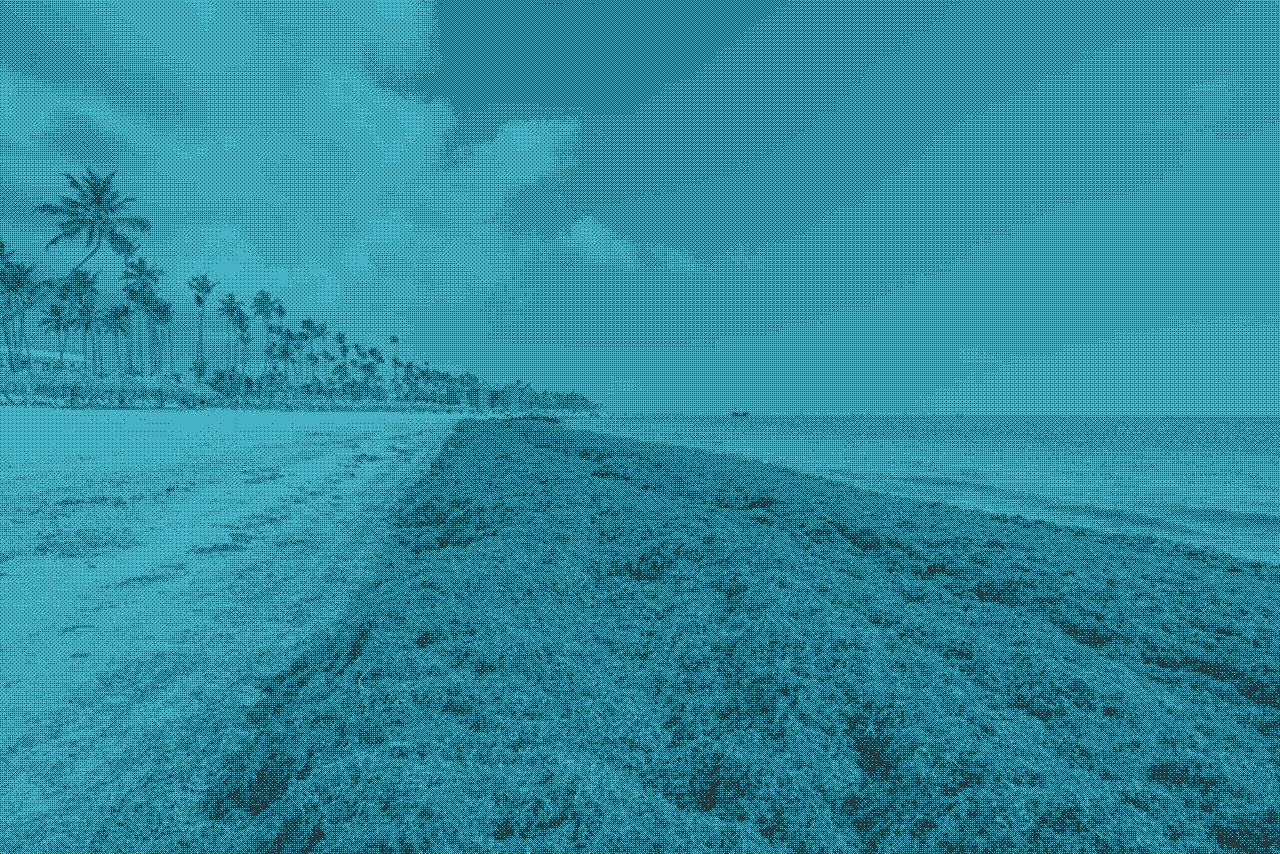
Seaweeds or macroalgae have an important ecological role in coastal ecosystems, controlling bentho-pelagic processes, acting as carbon reservoirs, and providing habitat and food to a diverse array of organisms, acting as nursing and breeding grounds of species of commercial importance. The brown algae Sargassum are considered a nuisance in Jamaica and efforts to remove it are encouraged because it is unsightly and impacts the tourism and fishing industries, but it could be an untapped resource. Current disposal methods include burial and burning which are not environmentally friendly and ignore its potential role in the coastal carbon cycle, biodiversity and support of coastal food webs. Seaweed also has the potential to provide income in coastal communities having have high nutraceutical and medicinal value.
Our study will assess the ecological role of Sargassum as a ‘golden’ carbon reservoir, and investigate the potential for sustainable removal to support biopharmaceutical uses including identification of proteins, carbohydrates and pigments.
The study enhance the overall research capacity of CMU and Jamaica with the support of ATU. Our anticipated outcomes will contribute to long-term sustainability plans in the Caribbean for management of Sargassum species as well as future development of an indigenous industry surrounding macroalgal therapeutic agents. Furthermore, our findings will contribute to coastal communities economically while preserving local ecosystems, biodiversity and investigating sequestration.